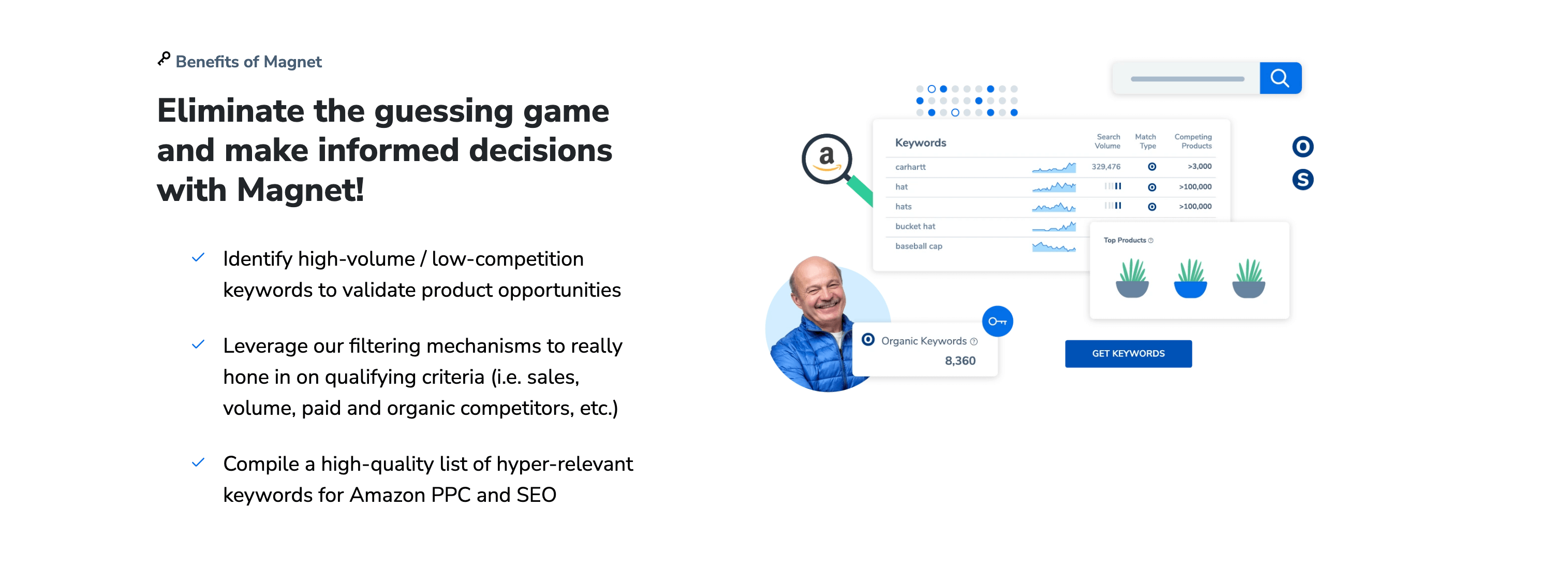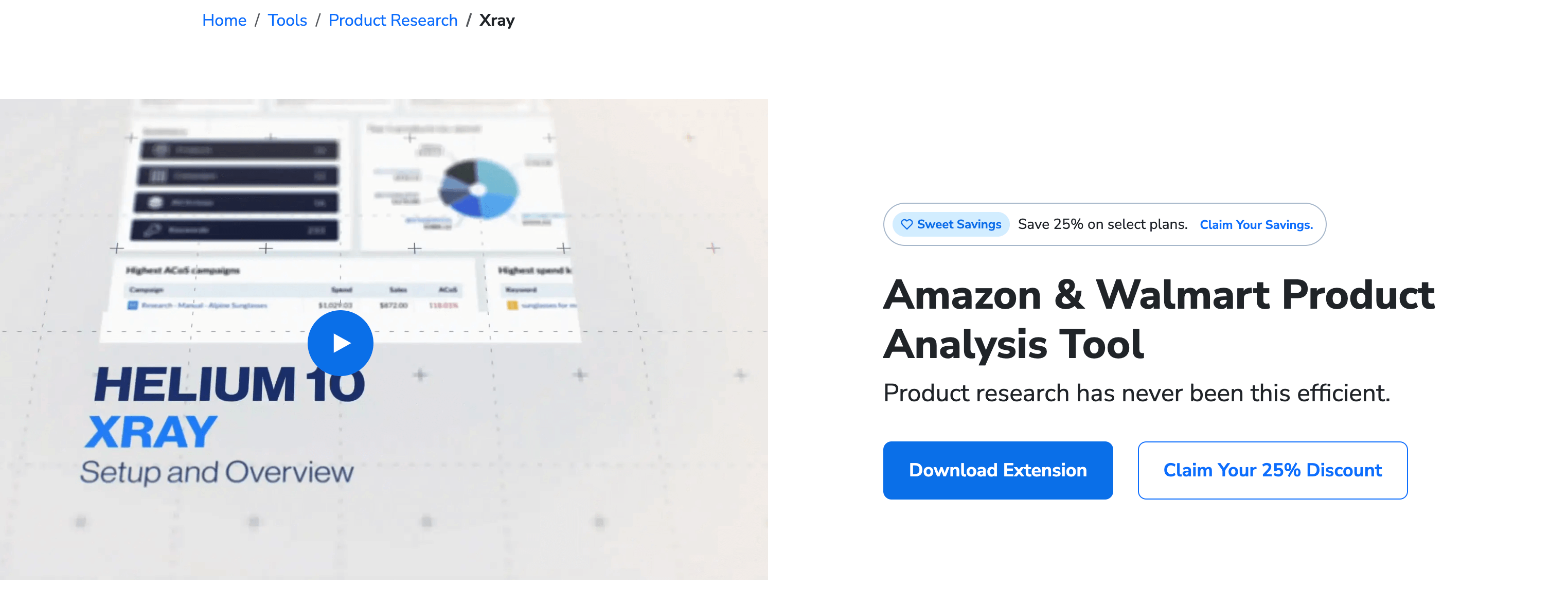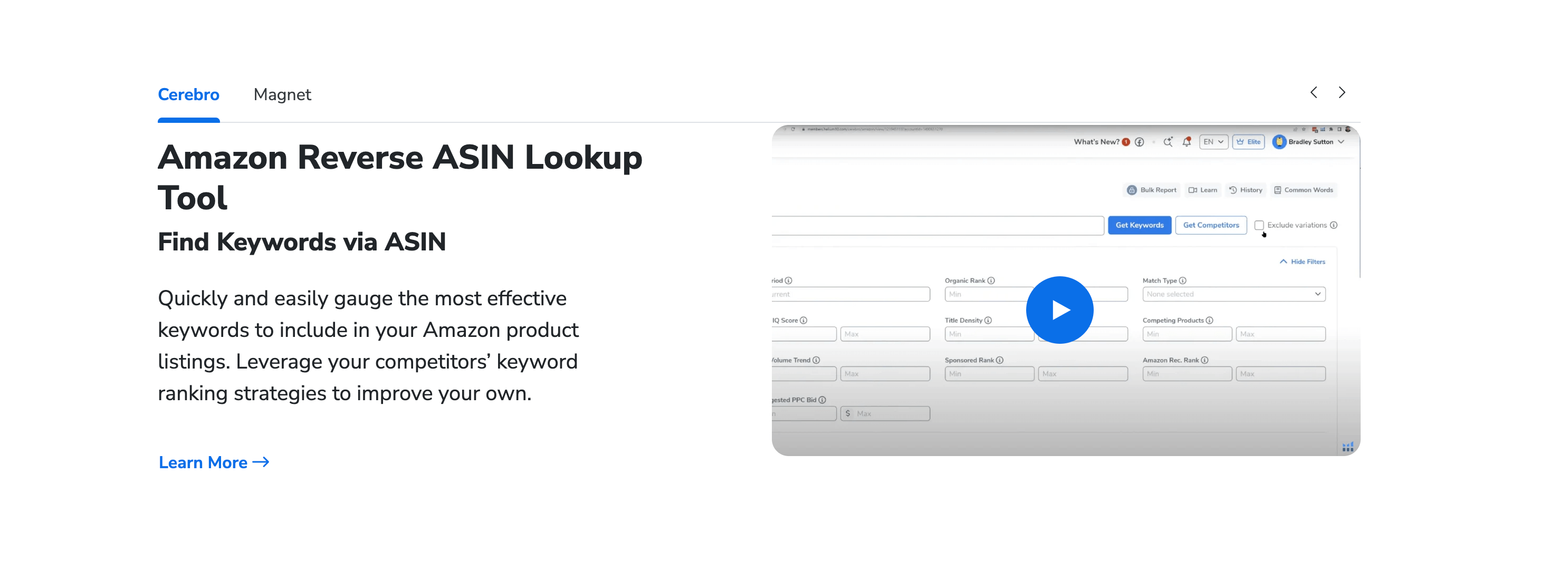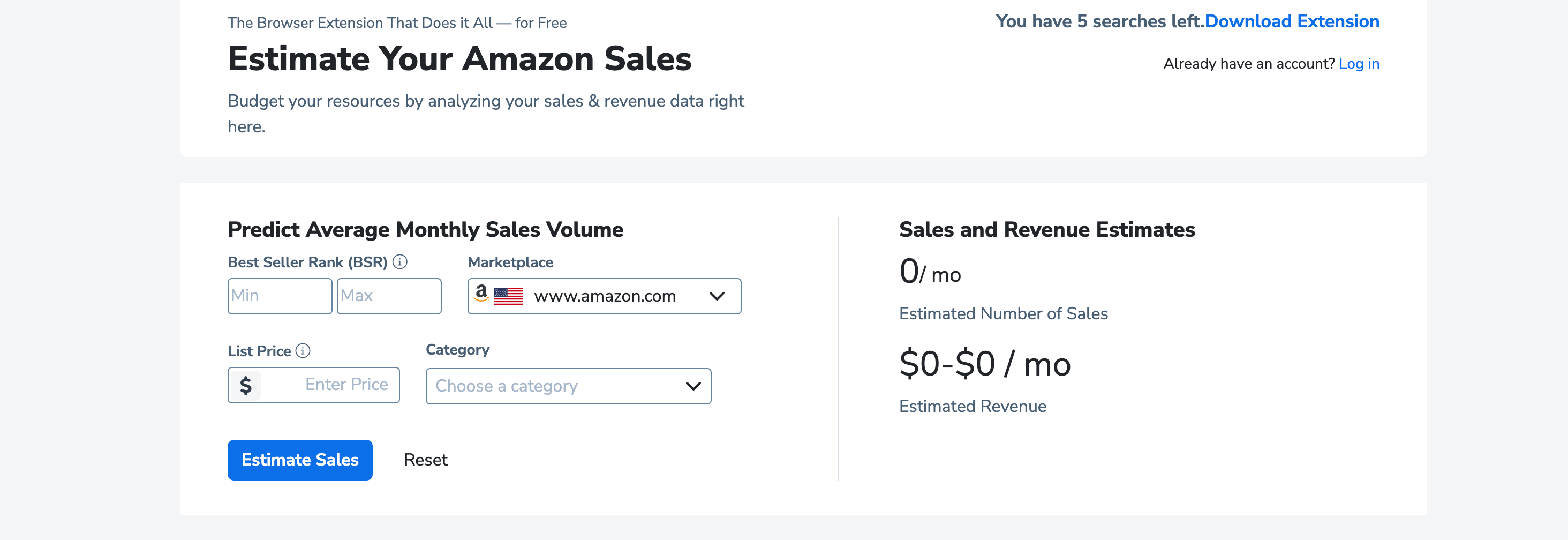Managing Amazon Inventory Levels with Helium 10 Inventory Management Tools
Managing inventory effectively is one of the most critical aspects of running a successful Amazon business. 📦 Whether you’re a new seller or an experienced entrepreneur, maintaining optimal inventory levels ensures you avoid stockouts, reduce storage fees, and maximize profitability. Helium 10, a leading software suite for Amazon sellers, offers a range of tools designed to simplify inventory management and help you stay ahead of the competition. 🚀
Founded in 2015 by Manny Coats and Bradley Sutton, Helium 10 has become a go-to resource for Amazon sellers worldwide. 🌍 The platform provides over 20 tools, including keyword research, product research, and listing optimization, all aimed at helping sellers grow their businesses. Among these tools, Helium 10 Inventory Management stands out as a game-changer for sellers struggling with inventory challenges.
This article will guide you through the process of managing Amazon inventory levels using Helium 10’s inventory management tools. From setting up the software to implementing best practices, you’ll learn how to optimize your inventory strategy and avoid common pitfalls. Let’s dive in! 🏊♂️
1. Understanding the Importance of Inventory Management
Effective inventory management is the backbone of any successful e-commerce business. 🏛️ For Amazon sellers, it’s even more crucial due to the platform’s competitive nature and strict performance metrics. Poor inventory management can lead to stockouts, which not only result in lost sales but also damage your seller reputation. On the other hand, overstocking can lead to high storage fees and reduced profitability.
Helium 10’s inventory management tools are designed to help sellers strike the perfect balance. By providing real-time data, predictive analytics, and automated alerts, these tools enable you to make informed decisions and stay ahead of demand fluctuations. 🌊
1.1 The Impact of Stockouts on Your Business
Stockouts can have severe consequences, including:
- Lost sales and revenue.
- Negative customer reviews.
- Lower search rankings on Amazon.
- Increased competition from other sellers.
1.2 The Cost of Overstocking
Overstocking can be equally damaging, leading to:
- High storage fees, especially for FBA sellers.
- Increased risk of product obsolescence.
- Tied-up capital that could be used elsewhere.
1.3 How Helium 10 Helps
Helium 10’s inventory management tools provide:
- Real-time inventory tracking.
- Predictive analytics for demand forecasting.
- Automated alerts for low stock levels.
- Integration with other Helium 10 tools for a holistic approach.
1.4 Case Study: A Seller’s Success Story
One Amazon seller reduced their stockout rate by 40% after implementing Helium 10’s inventory management tools. By leveraging predictive analytics, they were able to anticipate demand spikes and adjust their inventory levels accordingly.
1.5 Key Metrics to Monitor
- Inventory Turnover Ratio: Measures how quickly you sell your inventory.
- Stockout Rate: The percentage of time your product is out of stock.
- Storage Fees: Costs associated with holding inventory in Amazon’s warehouses.

2. Getting Started with Helium 10 Inventory Management
Setting up Helium 10’s inventory management tools is a straightforward process. Here’s a step-by-step guide to help you get started:
2.1 Step 1: Sign Up for Helium 10
Create an account on the Helium 10 website and choose a subscription plan that suits your needs.
2.2 Step 2: Connect Your Amazon Seller Account
Link your Amazon Seller Central account to Helium 10 to sync your inventory data.
Access the inventory management tool from the Helium 10 dashboard.
2.4 Step 4: Set Up Alerts and Notifications
Configure alerts for low stock levels, high storage fees, and other key metrics.
2.5 Step 5: Analyze Your Data
Use the tool’s analytics features to gain insights into your inventory performance.

3. Best Practices for Managing Amazon Inventory
To maximize the effectiveness of Helium 10’s inventory management tools, follow these best practices:
3.1 Monitor Inventory Levels Regularly
Regularly check your inventory levels to ensure you’re prepared for demand fluctuations.
3.2 Use Predictive Analytics
Leverage Helium 10’s predictive analytics to forecast demand and adjust your inventory levels accordingly.
3.3 Optimize Reorder Points
Set reorder points based on your product’s sales velocity and lead time.
3.4 Diversify Your Suppliers
Work with multiple suppliers to reduce the risk of stockouts due to supply chain disruptions.
3.5 Stay Informed About Amazon Policies
Keep up-to-date with Amazon’s inventory policies to avoid penalties and fees.

4. Common Challenges and Solutions
While Helium 10’s inventory management tools are powerful, users may encounter some challenges. Here’s how to address them:
4.1 Challenge: Data Syncing Issues
Solution: Ensure your Amazon Seller Central account is properly connected to Helium 10.
4.2 Challenge: Inaccurate Demand Forecasts
Solution: Use historical sales data and market trends to improve forecast accuracy.
4.3 Challenge: High Storage Fees
Solution: Optimize your inventory levels to reduce storage costs.
4.4 Challenge: Supply Chain Disruptions
Solution: Diversify your suppliers and maintain safety stock.
4.5 Challenge: Limited Integration with Other Tools
Solution: Explore Helium 10’s suite of tools for a more integrated approach.

5. Comparing Helium 10 with Other Inventory Management Tools
To understand the value of Helium 10, let’s compare it with other popular inventory management tools:
| Feature | Helium 10 | Tool A | Tool B |
|---|---|---|---|
| Real-Time Tracking | Yes | Yes | No |
| Predictive Analytics | Yes | No | Yes |
| Automated Alerts | Yes | Yes | Yes |
| Integration with Amazon | Yes | Yes | No |
| Cost | Subscription-based | One-time fee | Subscription-based |

6. Integrating Helium 10 with Other Tools
For a holistic approach to inventory management, integrate Helium 10 with other tools:
6.1 Cerebro for Keyword Research
Identify high-demand keywords to optimize your listings.
6.2 Scribbles for Listing Optimization
Create compelling product descriptions to attract more buyers.
6.3 Profits for Financial Tracking
Monitor your profits and expenses to ensure profitability.
6.4 Alerts for Real-Time Notifications
Stay informed about changes in your listings or competition.
6.5 Black Box for Product Research
Discover new product opportunities to expand your catalog.

7. Future Trends in Inventory Management
The future of inventory management lies in the integration of artificial intelligence (AI) and machine learning (ML). These technologies will further enhance tools like Helium 10, enabling more accurate predictions and smarter decision-making.

8. Conclusion
Managing Amazon inventory levels effectively is essential for long-term success. With Helium 10’s inventory management tools, you can streamline the process, avoid common pitfalls, and stay ahead of the competition. By leveraging real-time data, predictive analytics, and automated alerts, you’ll be well-equipped to meet customer demand and maximize profitability.
🌟 Final Thoughts: Inventory management doesn’t have to be a headache. With the right tools and strategies, you can turn it into a competitive advantage. Helium 10’s inventory management tools are here to help you succeed. Happy selling! 🚀📦🛒


Comments